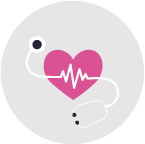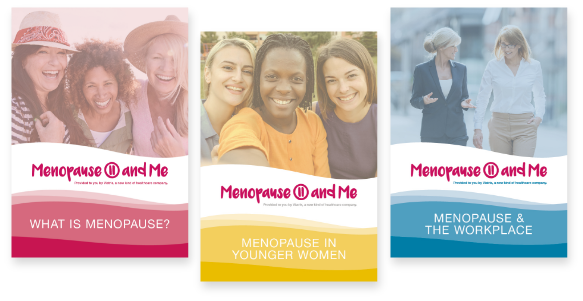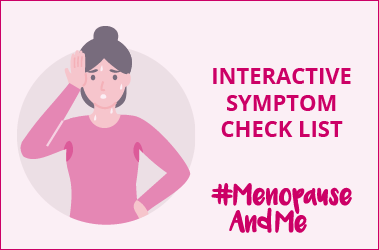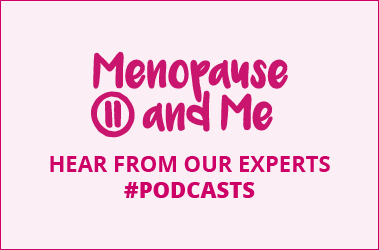
Early Menopause and premature menopause
Menopause is when a woman stops having her periods. Menopause usually happens between the ages of 45 and 55 (the average age being 51). For a small number of women, menopause occurs earlier.
WHAT’S IN A NUMBER?
If menopause happens before 40, it’s called premature menopause (or premature ovarian insufficiency). These terms may be used interchangeably, which can be confusing. To clarify - early menopause is used to describe menopause before the age of 45 and premature menopause, when it occurs below the age of 40. However, premature menopause can happen to anyone below the age of 40, even teenagers.
WHAT IS EARLY/PREMATURE MENOPAUSE?
To put it simply, ovaries stop functioning, years or even decades before they should. The ovaries produce hormones called oestrogen and progesterone in response to other hormones (follicle stimulating hormone (FSH), and luteinising hormone (LH)). All these hormones interact as part of the monthly menstrual cycle, which results in the development of an egg in one of the ovaries. In premature menopause, the ovaries stop producing normal levels of oestrogen and eggs may not develop and mature.
The causes of premature menopause are described as primary or secondary. In the great majority of cases it's not possible to explain why premature menopause happens but some of the causes of primary premature menopause may include:
- Chromosome abnormalities, such as women with Down's syndrome.
- Enzyme deficiencies, where enzymes in the body affect the ovaries by damaging the eggs and preventing the production of oestrogen.
- Autoimmune diseases, where the body's natural defence mechanisms start producing antibodies that destroy its own tissues.
Secondary causes can be due to cancer treatments such as radiotherapy or chemotherapy. The risk will depend on the type of treatment and the patient’s age. Other secondary causes include surgical menopause (an operation to remove both ovaries) or having a hysterectomy.
WHAT ARE THE SIGNS AND SYMPTOMS OF PREMATURE/EARLY MENOPAUSE?
-
Periods may become infrequent or stop
-
Hot flushes (also known as hot flashes)
-
Night sweats
-
 Palpitations
Palpitations -
Decreased or low energy levels
-
Lack of concentration
-
Poor sleep
-
Vaginal dryness
-
Lack of interest in sex & painful intercourse
The Daisy Network is a large support group for women suffering with Premature Ovarian Insufficiency (POI). Find out more at: www.daisynetwork.org.uk
Please select where you believe you are on your menopause journey
Early Menopause
Peri menopause

Want to know more about the menopause?
Request a free copy of our guidebooks
WHAT IS MENOPAUSE?
MENOPAUSE IN YOUNGER WOMEN
MENOPAUSE & THE WORKPLACE
Request hereRecommended for you
Job Code: NON-2022-0111
Date of preparation: February 2022

















